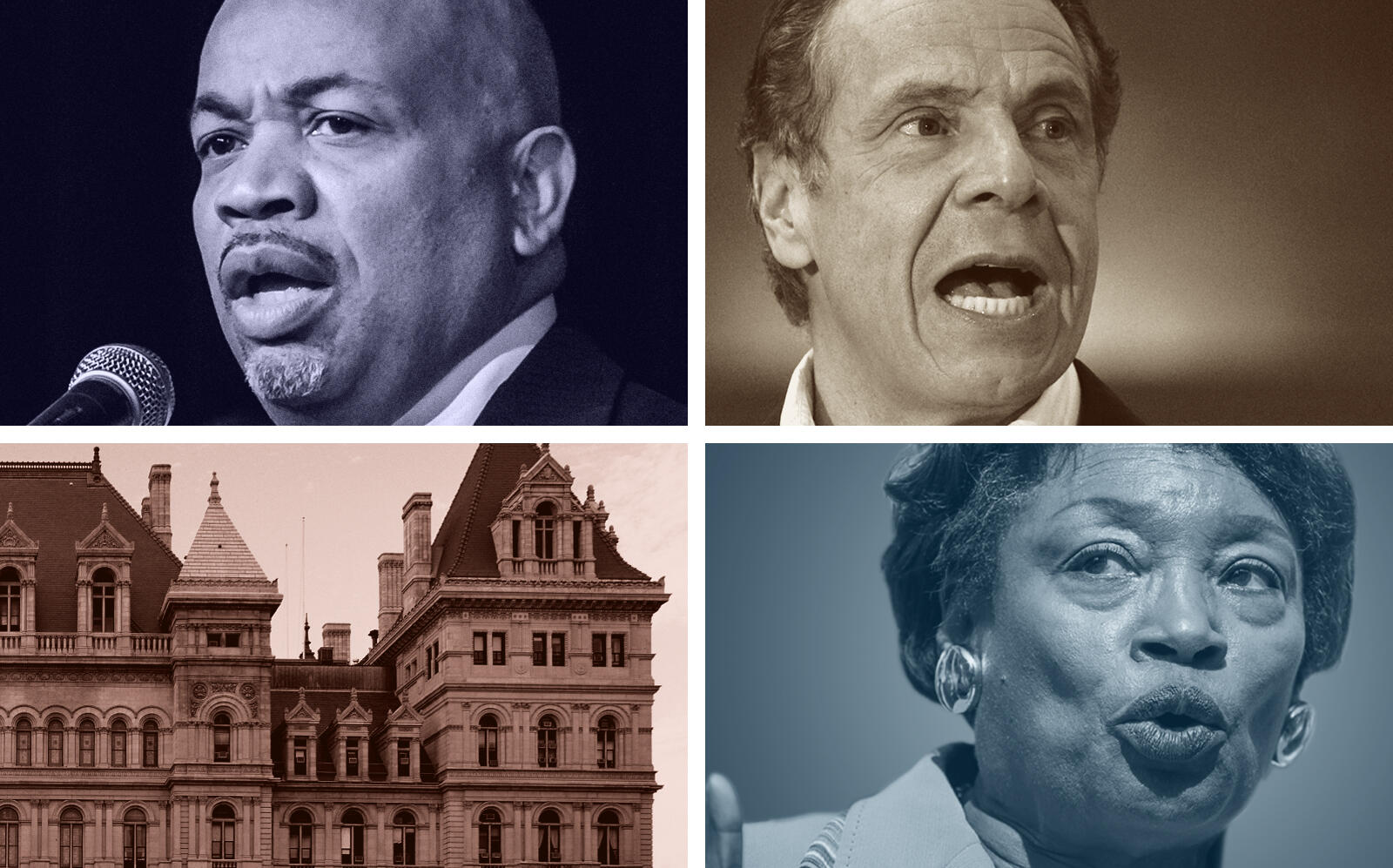Trending
NY close to approving $2.4B rent relief bill — but its rollout will be the real test
Landlord, tenant groups voice concerns about certain provisions

Landlord and tenant groups say the state’s plan for disbursing more than $2 billion in rent relief is a step in the right direction, though both have concerns about its rollout.
The plan, spelled out in a newly printed bill, would bar evictions and rent increases for one year in cases where landlords accept aid. Both property owners and tenants can apply, but the program does not mandate that landlords accept the money — a point of concern for tenant groups.
The bill does, however, require the Office of Temporary and Disability Assistance to repeatedly try to get an eligible landlord to cooperate. It gives property owners 180 days to accept before directing the funds to someone else.
It also provides some protection against landlords who would rather drag tenants to court rather than accept federal aid. The measure states that a landlord who refuses to accept relief within 12 months has waived the unpaid rent and can’t pursue a monetary action or judgement. Tenants are also able to use a landlord’s lack of cooperation as a defense in court.
The measure allows tenants to self-attest to their eligibility, though language in the bill was vague. As of Tuesday, it indicated that federal and state regulations would determine what is permissible.
Aid can cover 12 months of rent arrears accrued on or after March 13, 2020, with an additional three months available only for rent-burdened households, i.e. those who dedicate 30 percent or more of their monthly income toward rent.
Cea Weaver, who leads the Housing Justice for All coalition, said the bill includes many of her organization’s priorities, including protections against evictions and explicit coverage for undocumented tenants.
“But the devil is where it always is — in the details,” she added. “Without a clear mandate for landlords to accept rent relief money, and until the program is up and rolling, it remains to be seen if it can meet the scale of the crisis.”
The program applies to households that have experienced financial hardship due to the pandemic, whether directly or indirectly. It first prioritizes tenants who make at or below 50 percent of the area median income. Those with pending eviction cases, who live in mobile homes, who reside in a community disproportionately affected by the pandemic, are determined to be part of a vulnerable population (including victims of domestic violence and veterans), or who live in a building with 20 or fewer units are also given preferential consideration.
The measure also creates an initial 30-day window with its own hierarchy of priorities. For example, those making at or less than 50 percent of the AMI who also belong to another priority group are given a first crack at funding. Further down the list are those earning 80 percent of the AMI and those who belong to another priority group.
The program’s implementation will largely depend on rules and regulations issued by the OTDA. The previous state-run rent relief program was criticized for its slow rollout and failure to distribute all of the funds available. Of the $100 million available, the state only distributed $47 million. The remaining $53 million will be incorporated in the state’s budget, according to Gothamist. A representative for the office did not immediately return a message seeking comment.
The bar on evictions applies to holdover cases and instances where a lease has expired, although there is an exception for owners of properties with four or fewer units. They can opt to not renew a lease if they plan to personally occupy an apartment in the immediate future.
Frank Ricci, executive vice president of the Rent Stabilization Association, said the bill doesn’t specify if landlords can pursue evictions against tenants who are a nuisance in the building. His organization is also concerned by the bar on rent increases, especially in stabilized apartments. He said it is too early to tell if these provisions would drive property owners to court instead of the state, but noted legal action isn’t often their first choice.
“Owners don’t want to go to court,” he said. “They want to get paid.”




